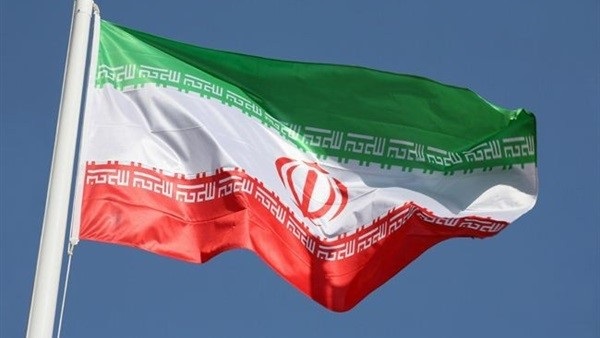Counter pressures drive Iran's nullification of IAEA inspectors' licenses

Iran has taken the controversial step of revoking the accreditation of IAEA inspectors.
Agency
Head, Rafael Mariano Grossi, said Tehran had informed the agency that it would
revoke the accreditation of several IAEA inspectors who inspect uranium
enrichment facilities in the Islamic Republic.
He
condemned the Iranian move, noting that these inspectors are among the agency's
most experienced experts, and have unique knowledge of enrichment techniques.
They
have conducted significant verification work at Iran's uranium enrichment
facilities under IAEA safeguards, he said.
Angry reaction
The
Iranian move provoked angry reactions internationally, as the United States;
Britain; France, and Germany called on Iran to cooperate fully with the IAEA.
A
joint statement by the four countries stressed the need for Iran to reverse its
decision to ban a number of UN inspectors from working in the country and to
enable the agency to provide guarantees that Iran's nuclear programme is
completely peaceful.
In
the context of the angry reactions, the European Union urged Iran to reverse
the decision to withdraw the accreditation of the IAEA inspectors.
It
warned that the Iranian move would affect the agency's ability to carry out
verification activities related to Tehran's nuclear programme.
Iranian
authorities say the decision was taken in response to Western countries'
attempts to "disturb" the atmosphere of cooperation between them and
the UN agency.
Nevertheless,
the foreign ministers of Gulf Cooperation Council countries and US Secretary of
State, Anthony Blinken, renewed in a joint statement calls for Iran cooperation
fully with the IAEA.
Iran
countered, however, by saying that its move came in response to a call by the
United States; Britain; France, and Germany for Tehran to cooperate immediately
with the IAEA on issues, including the reasons behind the presence of traces of
uranium in undisclosed locations.
Counter pressure
Iranian
affairs specialist, Osama al-Hatimi, believes the Iranian move reflects the
Islamic Republic's insistence to counter pressures by Western countries,
including demands for the IAEA to detect traces of uranium at two nuclear sites.
"This
means one of two possibilities: either Iran wants to pass that issue that could
expose undeclared nuclear development, or it wants to push the West into
returning to the nuclear agreement as one of the most important mechanisms to
limit this development," al-Hatimi told The Reference.







